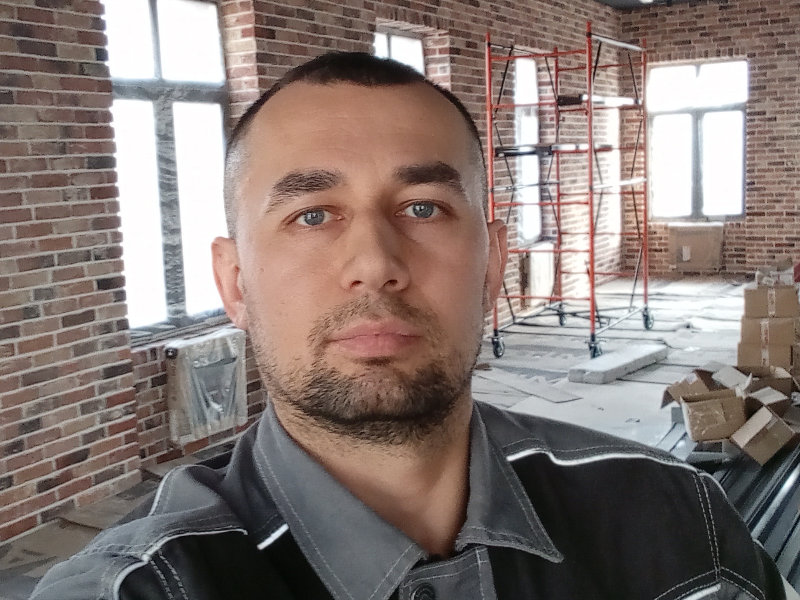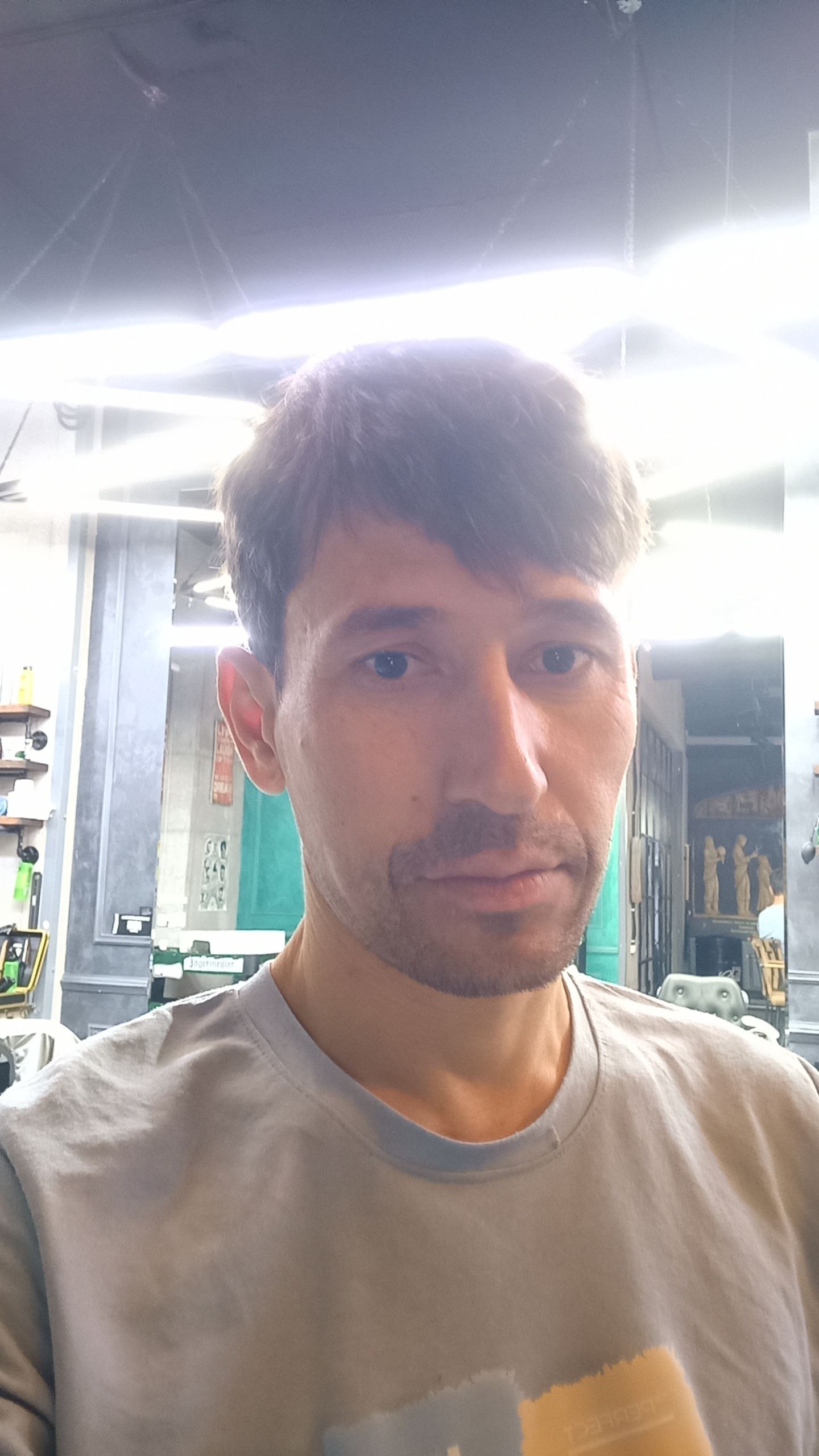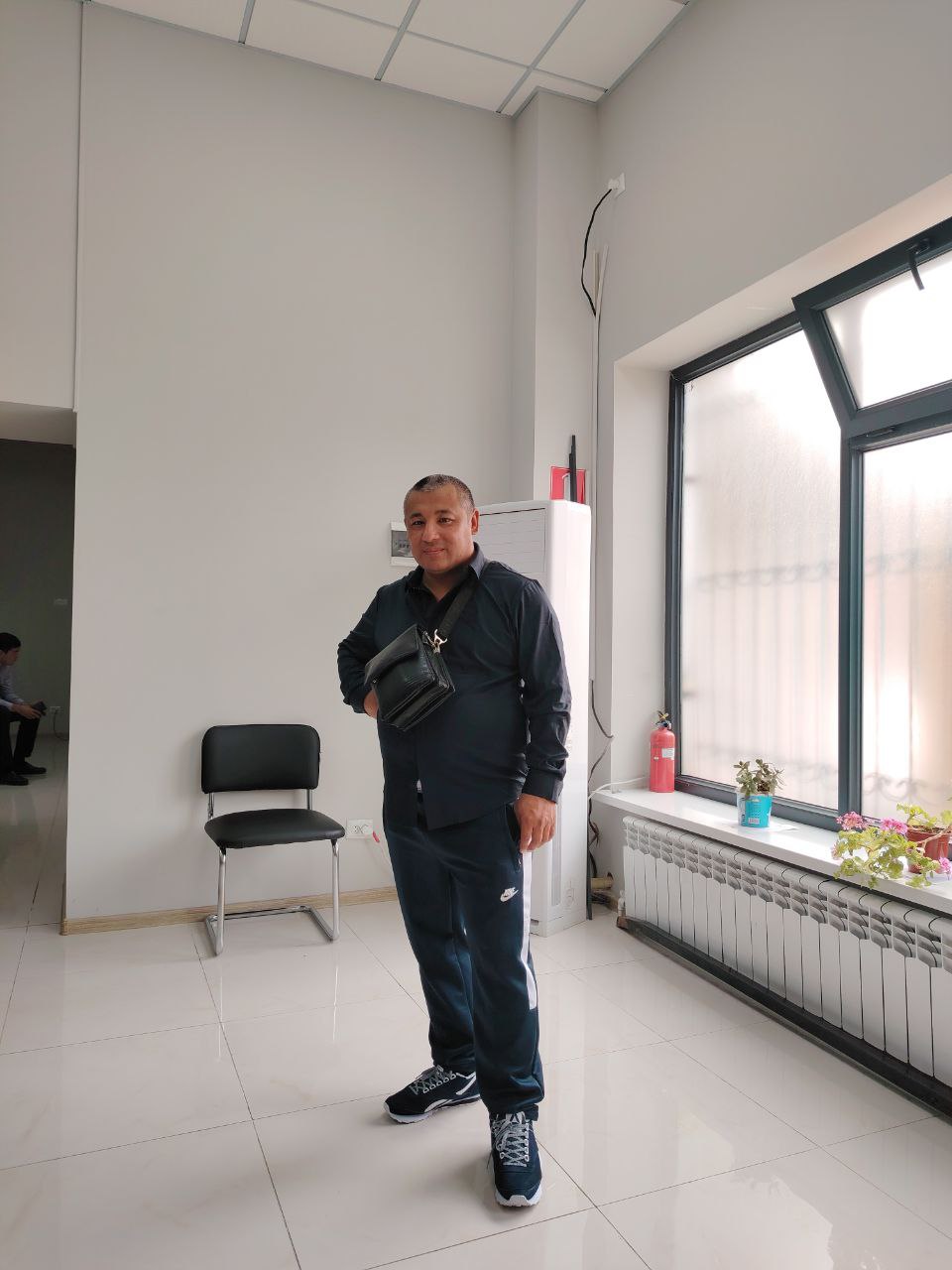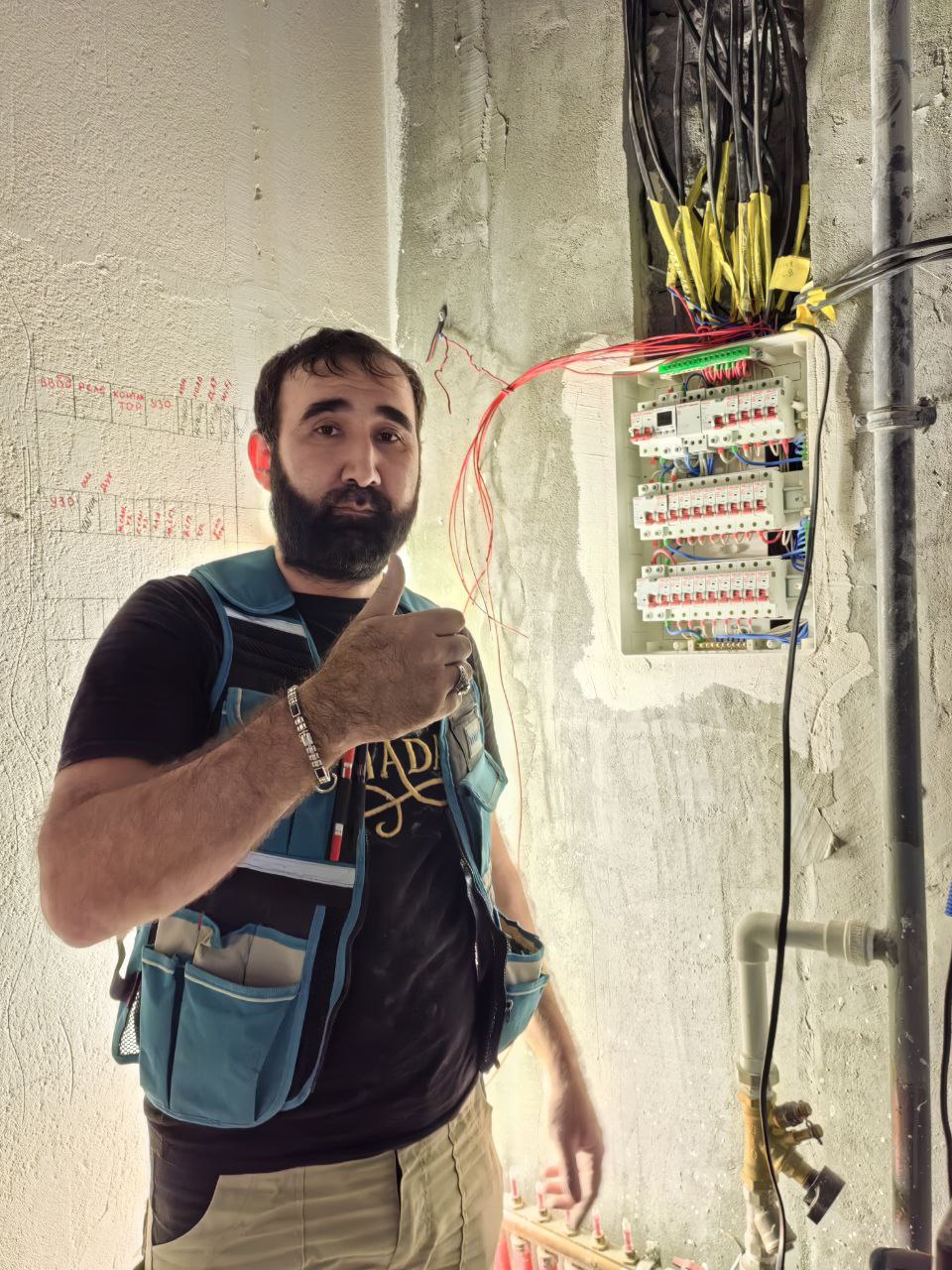Waterproofing Tashkent
Types and features of waterproofing
Even at the initial stage of building a house, it is very important to take care of its protection from moisture and condensation — waterproofing. Construction experts recommend using waterproofing materials in all rooms, despite the peculiarities of the terrain and climate in which this building is located.
Waterproofing functions:
• Protection of floors from water coming from the upper floors or from the roof;• Protection of concrete screed and floor covering from moisture.
Waterproofing of the foundation
There is a foundation at the heart of any room. And the durability of the building depends on how well it is laid and processed. Savings on waterproofing can lead to local damage and destruction, requiring time and cost to repair. Waterproofing of the foundation is designed to strengthen the structure, increase the durability of the building, prevent misalignment of walls, formation of cracks, prevents the penetration of water, mold formation. In cases of severe vulnerability of the structure, horizontal, vertical waterproofing, as well as waterproofing with a blind area device can be used.
Vertical type waterproofing is used in the treatment of walls of a ready-made foundation. It will protect the foundation from the effects of surface water. This technology is used only on ribbon and columnar supports of the building.
Waterproofing with a blind area protects the foundation from precipitation and snowmelt. Concrete, paving slabs, clay, asphalt concrete, and waterproofing membranes are used to install the blind area. The choice of a particular type of material depends on the specifics of the architectural project.
Foundation waterproofing is divided into the following groups:
- Pasting (roofing material, roofing, pergamine, polymer elements with bitumen impregnation);
- Painting (hot polymer bitumen and cold epoxy rubber products);
- Plastering (solutions based on cement, sand, asphalt and reinforcing components);
- Mountable (fiberglass, polyvinyl chloride, precast reinforced concrete structures);
- Injectable (hydrophobic gel that closes the pores when solidified).
Waterproofing of the floor
During the waterproofing process, a special layer is applied to the rough floor, which will prevent water from entering and protect the future flooring from it. Floors are insulated in bathrooms, kitchens, bathrooms, basements and attics. In living rooms that are not exposed to moisture, partial waterproofing is carried out – joints, seams and pipes of radiators are treated.
The following types of waterproofing materials are used for the floor:
- Rolled and film (roofing material and roofing). Binding solutions are bitumen or bitumen polymer. Fiberglass or cardboard is used as reinforcing elements.
- Coating mastics (cement, latex and cement polymers);
- Liquid (bitumen emulsion and polymer components).
Waterproofing of walls
Waterproofing of walls is necessary in bathrooms, kitchens, basements, and ground floors. Deep penetration waterproofing, film and membrane waterproofing, and polymer mastic are used as waterproofing materials indoors. The listed types of waterproofing cope well with their functional tasks and outdoors. And polymer mastic also has thermal insulation properties. Bitumen mastic, roofing and roofing material are used for waterproofing exterior walls. The dense protective layer fills microcracks on concrete, brick and block walls well. It can be applied by brush or roller.
Film and membrane waterproofing – on the walls inside and outside. It is inexpensive and does not cause any special difficulties during installation. The main disadvantage is fragility (soil and pests can damage the surface of the material).
Injection waterproofing is not the cheapest way. Epoxy solutions, acrylate gels and polyurethane solutions are used. Holes are made on the surface of the walls at a distance of no more than 50 cm, which are filled with protective compounds. It is used when other types of waterproofing are unacceptable.
Waterproofing of the roof
Even the most reliable roofing needs additional waterproofing that can protect against precipitation penetrating inside through joints, wall joints and ventilation. But protecting the roof from snow and rain alone is not enough, and it is also necessary to eliminate the possibility of condensation. Moisture settles on the roofing due to the temperature difference outside and inside the house. The choice of waterproofing material for the roof depends on the type of roof. For example, rolled or coated waterproofing is used on flat roofs, and membrane waterproofing is used on pitched roofs. There are also sprayable waterproofing agents that allow you to create a solid protective layer without joints – these are bitumen rubber and hydrophobizers.
What is waterproofing for?
First of all, to protect the premises from destructive influences such as water, condensate and steam. And as you know, all these factors cause rotting of wooden structures and floors, premature wear of concrete structures, and the development of fungus, which also spoils coatings. Waterproofing is carried out not only in private houses on the ground to protect against earth dampness and groundwater, but also in apartments in high-rise buildings. So, for example, having taken care of waterproofing the walls, floor and ceiling of the bathroom, bathroom and kitchen in advance, no floods from neighbors from the upper floors are afraid. But in an apartment on the ground floor, it is generally advisable to seal all rooms. When arranging balconies or loggias, waterproofing is carried out over the entire area.
Waterproofing is a laborious process, on which the "health" of housing depends, its long-term operation without force majeure. To do this, it is important to contact professionals who will advise which type of waterproofing is suitable specifically in your case and will install waterproofing materials. You can choose a master in the Waterproofing Category yourself, and if you are in doubt about the choice, then leave a request on the website, and we will select a specialist in waterproofing foundations, roofs, floors and walls for you.
On Ustabor.uz You will find contacts of specialists in waterproofing the pool, foundation, floor, walls, roof, basement. The catalog contains contacts of stores where you can buy polymer, coating and spray waterproofing, as well as other waterproofing materials.
 }
} }
} }
} }
} }
} }
} }
} }
} }
} }
} }
} }
}
